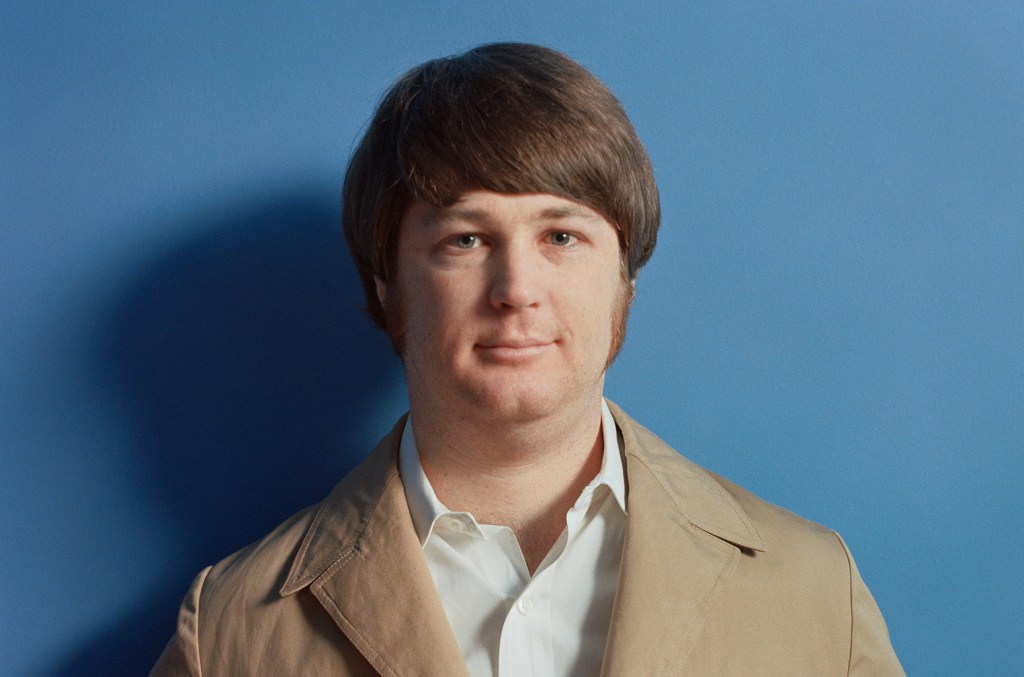Brian Wilson’s death on June 11 led to a resurgence of popularity for The Beach Boys‘ catalog, with streams up more than 500% in the wake of his passing. However, the band and Wilson’s estate will likely only see a small — though not insubstantial — chunk of those earnings.
That’s because The Beach Boys, sources say, previously sold its albums from the Brothers Records period — which began with Smiley Smile in 1967 — and its subsequent recorded masters to Irving Azoff’s Iconic Artist Group, which in the same deal also acquired certain publishing assets. Meanwhile, Universal Music Group is said to own all of the band’s early albums and most of the publishing from the songs on those albums. In the past, sources suggested that Wilson sold his writer’s share of those earlier songs as part of the Iconic deal, while it’s believed that the other Beach Boys might still have their publishing from the Brothers period and songwriting shares from the earlier years.
While all of the group members have songwriting credits, Wilson has the largest portion of those credits on the band’s most successful albums and songs. Therefore, his estate may still be seeing a pretty penny or two, as it is believed he still owned some of his publishing.
Over the last three years, The Beach Boys’ recorded masters catalog has annually averaged 604,000 album consumption units in the U.S. Within that, on-demand audio and video streams averaged 600 million per year, while album sales averaged almost 74,000 and track sales averaged nearly 117,000 annually, according to Billboard calculations based on Luminate data. While album sales outside the U.S. aren’t available in Luminate, global stream counts are, and on that front, The Beach Boys’ catalog averaged 1.13 billion on-demand audio and video streams annually over the last three years, with the U.S. portion (the aforementioned 600 million streams) coming in at 53.1% of that total.
Consequently, Billboard estimates that The Beach Boys’ recorded masters catalog brought in $10.05 million in revenue annually over the last three years, and that the catalog’s publishing revenue totaled about $3.4 million during that period. Billboard further estimates that Wilson’s share of the songwriting came in at about 40%, though his royalties might be even higher than that percentage, since his writing was more prevalent in the early days of the band when most of its hits were recorded. To be conservative, Billboard estimates that the Wilson estate enjoyed about $680,000 of the $1.7 million in writer’s share royalties annually over the last three years.
This year’s numbers and royalties may be even higher. In the eight days before Wilson’s June 11 death, the Beach Boys’ album consumption units averaged about 1,500 a day. But from June 11 through June 16, daily album consumption units jumped to an average of over 9,000 units a day, or a 512.3% increase, according to preliminary numbers from Luminate. Within that, the band’s on-demand streams jumped from averaging 1.7 million streams a day in the eight days preceding his death to an average of 7.65 million streams daily from June 11 through June 16, a 350% increase. Meanwhile, album and track sales, which had been averaging a few hundred each in the days before his demise, jumped to an average of more than 3,000 album copies and more than 6,000 song downloads daily during the latter period.
On a weekly basis, in the six weeks before the week of Wilson’s death, The Beach Boys’ catalog averaged just over 10,000 album consumption units a week. But in the week of his death and the following week, the band’s catalog activity averaged nearly 38,000 album consumption units, an increase of 270.4%. Meanwhile, streams increased from an average of about 11.26 million streams in the six weeks prior to his death to an average of 31.33 million on demand streams, up 178.3%, for the week of his death and the subsequent week ending June 19.

On a chart basis, The Beach Boys greatest hits album Sounds Of Summer moves up to No. 14 on the Billboard 200 this week, which is its highest charting week ever; its previous peak on the tally was No. 16, which came during its debut week in 2003.
It should be noted that none of the above publishing revenue estimates take into account cover versions of Wilson’s song catalog, while the recorded masters revenue may underestimate synchronization payments. Indeed, the secondhandsongs.com website says it is tracking 145 cover versions of “Good Vibrations,” and that’s just one song. For “God Only Knows,” the website tracks 315 cover versions. Meanwhile, the website credits “Wouldn’t It Be Nice” and “California Girls” with 85 and 77 cover versions, respectively.
Wilson also has a solo catalog that averaged nearly 10,000 album consumption units a year in the U.S., and, within that, about 14 million streams globally. Billboard estimates that sales revenue from the master recordings brought in about $165,000 annually over the last three years, while the publishing came in at about $45,000. Wilson’s share of that is unknown, as it would be determined by whatever solo contracts he signed.




